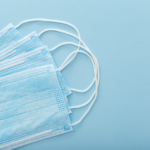1. Distinguish the types of masks on the market today
The masks available on the market today provide effective protection against various harmful agents to health.
Medical masks
Medical masks are made of non-woven fabric and consist of three layers. They act as a liquid barrier and absorb secretions when the user breathes, coughs, or sneezes. The inner layer absorbs moisture while the outer layer is waterproof. Medical masks are easy to wear, facilitate breathing, and are affordable. However, they are disposable and should be discarded after use. These masks are widely available to the public. If you are caring for someone with COVID-19 or have symptoms of the disease, it is recommended to wear a medical mask to protect others.
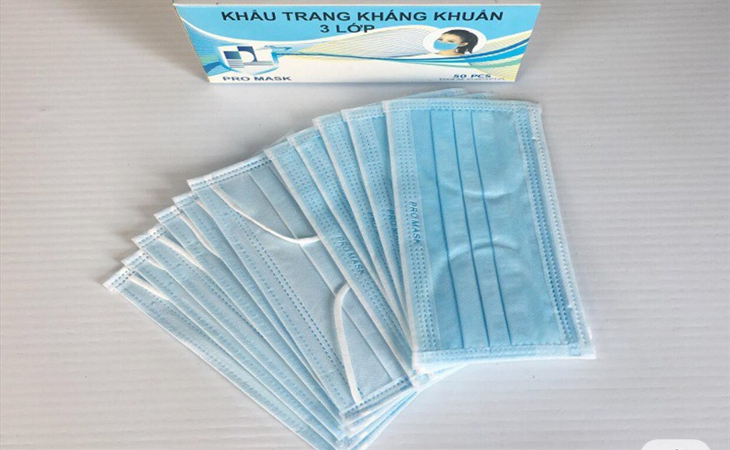
Paper masks
Paper masks typically have two layers, including a filter layer and a waterproof layer, which can be mistaken for medical masks. However, paper masks only filter coarse dust and are not effective in preventing COVID-19 as they do not have an AKA filter. They are inexpensive and can be used during the day to prevent coarse dust.
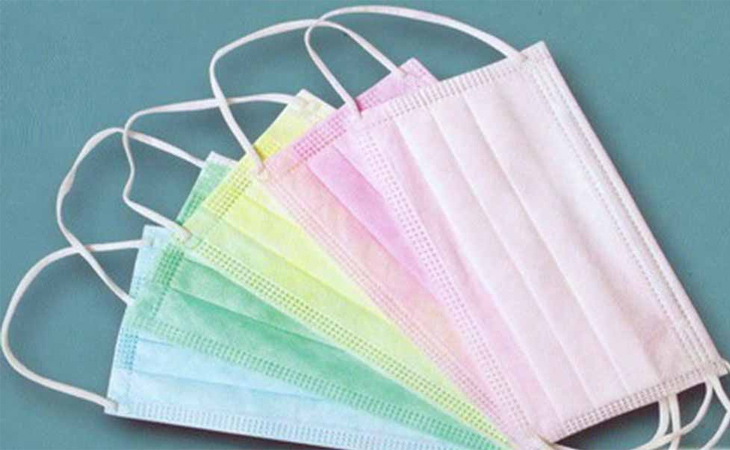
Cloth masks
Cloth masks can be made from various fabrics and have ear straps. They are used to filter toxic gases such as smoke, gasoline, oil, and coal. Cloth masks can be washed and reused, but they do not fully cover the nose and mouth of the user.
If medical masks are not available, regular cloth masks can be worn and should be washed after each use.
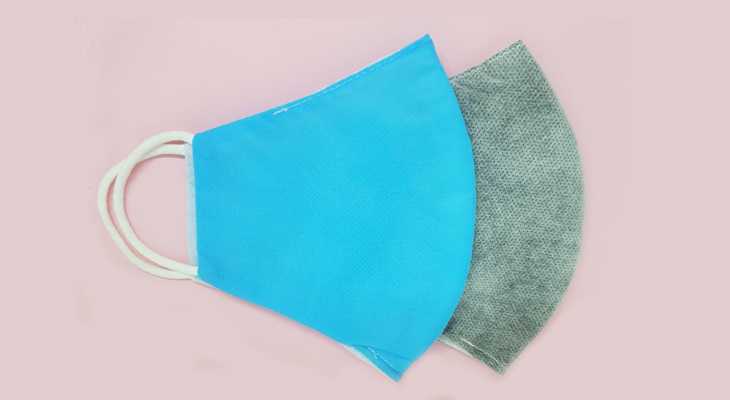
N95 mask
The N95 mask has a face-hugging design and effectively filters out 95% of dust particles with a size of 0.3 micrometers or larger. It is a single-use mask that provides a thick filter to prevent splashes and has an iron piece that presses the mask to the bridge of the nose. N95 masks are used by healthcare workers and individuals who come into contact with patients infected with respiratory diseases.
N95 masks are considered the best for disease prevention but are relatively expensive.
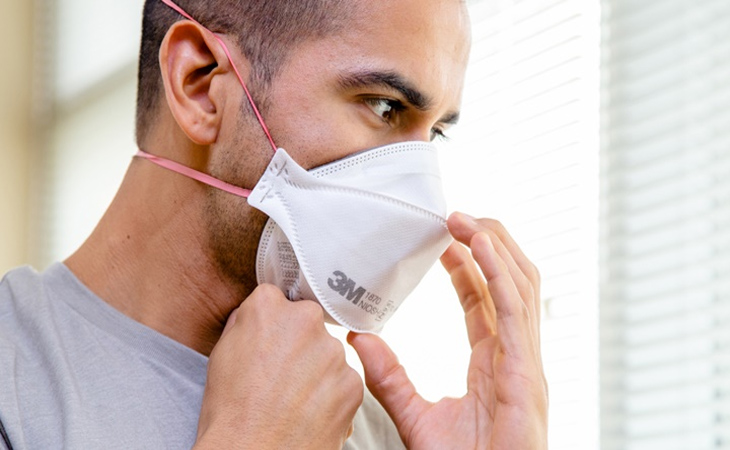
Pitta mask
Pitta masks have a stylish design, provide good sun and coarse dust protection, and are lightweight. They do not have a fixed metal bar like medical masks, making them more comfortable to wear. However, they have limited anti-virus capabilities.
Pitta masks can be used by adults and children to prevent dust allergies.

Air filter mask
Air filter masks have an external breathing valve design, are lightweight, and provide a secure fit to minimize air leakage. They can filter over 99% of particles and are effective in supporting air filtration and protection against chemicals and toxins. Air filter masks ensure the air in and out of the respiratory system is fresh and can be reused. However, they are expensive.
Anyone can use an air filter mask for personal health protection. It is recommended to use genuine air filter masks made from medical materials for maximum safety.
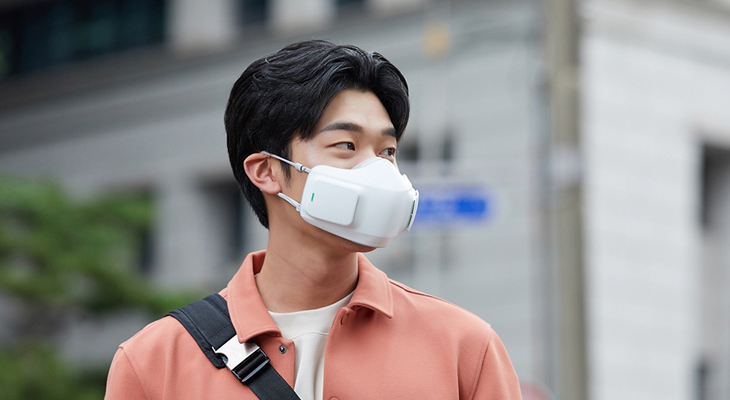
Gas mask
Gas masks are not aesthetically pleasing but are used in environments with high levels of pollution or in emergencies. They provide protection against all harmful agents, including toxic gases. Gas masks ensure the safety of users’ health, especially in gas-contaminated or fire environments. However, they are difficult to use, can be uncomfortable to breathe with, require practice, and are expensive.
Gas masks are essential protective equipment for workers in mines, chemical factories, and firefighters.
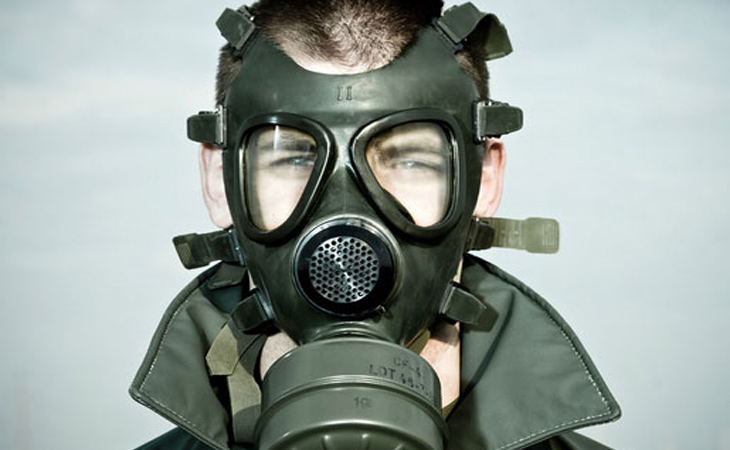
2. Which mask should be used in the situation of the COVID-19 epidemic?
Any type of mask can be used, including medical masks and other types such as layered paper or fabric masks. The important factor is that the mask helps prevent droplets from other individuals from entering our nose or mouth, although masks cannot completely prevent the virus from entering. Medical masks are disposable and effective in preventing larger particles from entering the mouth and nose. It is recommended to follow the Ministry of Health’s 5K message: Masks – Disinfection – Distance – Do not gather – Medical declaration for the best disease prevention.
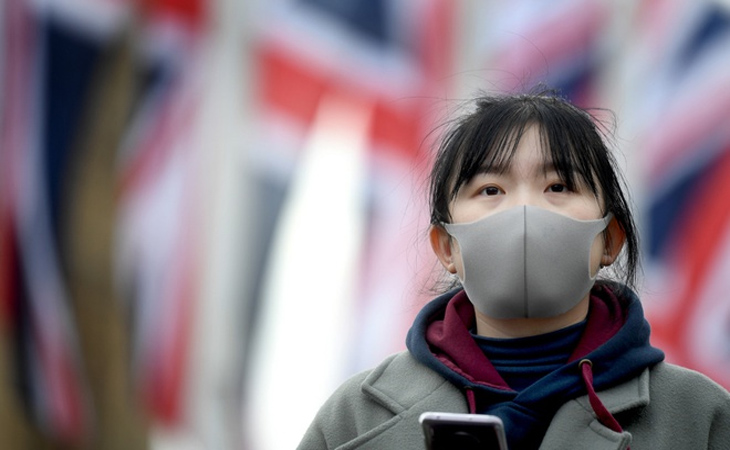
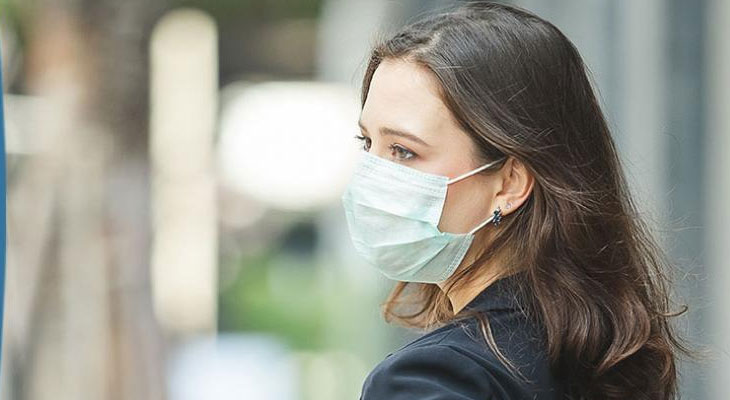
It is important to wear masks properly, covering the nose and following the principle that masks are disposable and should not be reused without proper measures such as washing with antibacterial soap. When in public places and returning home, it is essential to wash hands, change clothes, and bathe to maintain overall hygiene.

Source: Synthesis
Hopefully, the above information will help you choose and use masks effectively to limit COVID-19 infections. Let’s work together to fight the epidemic!

























